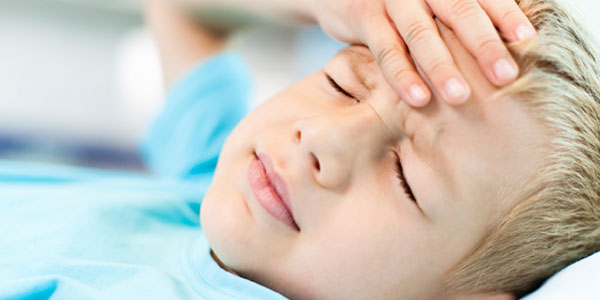It’s hard to see your child in pain. If you’re concerned but unsure about what to do when your child has a headache, call your doctor or schedule an urgent care appointment. Headaches are common in children and the vast majority are benign. There are a few headaches, however, that require prompt medical care.










